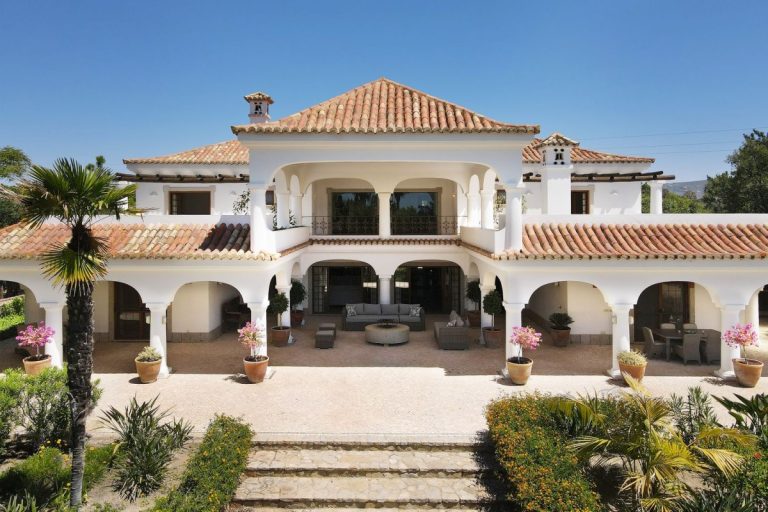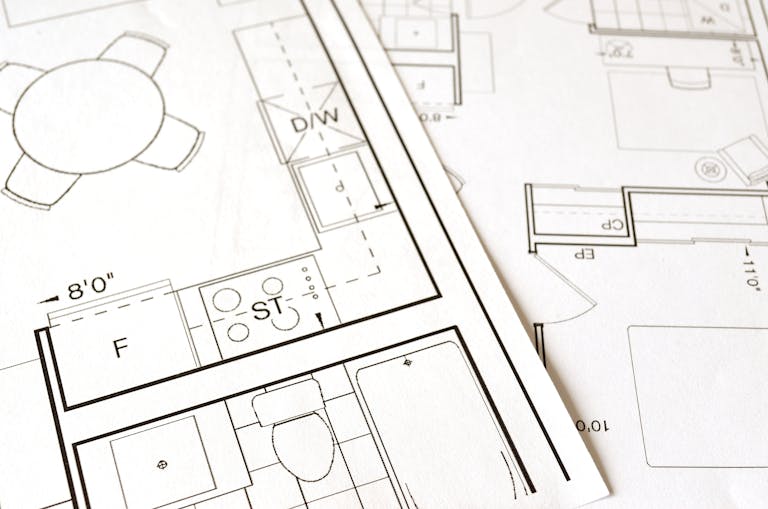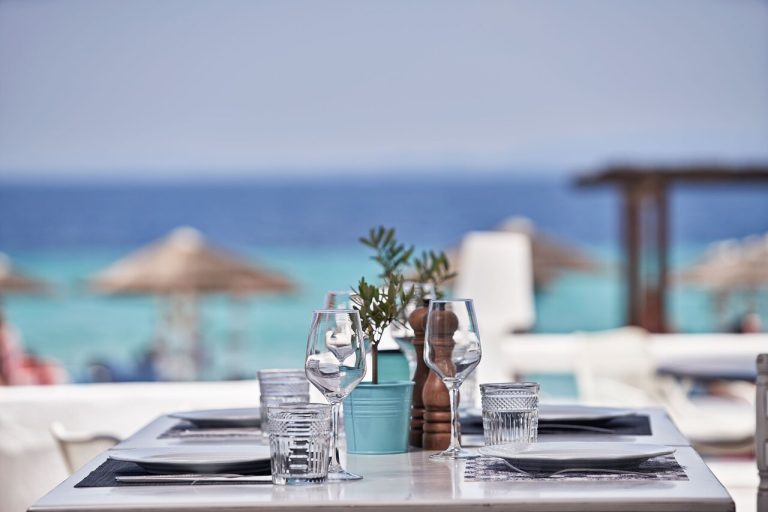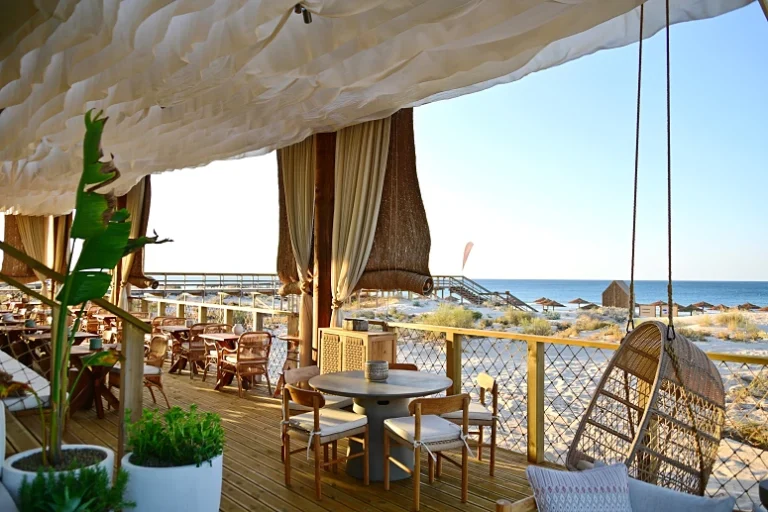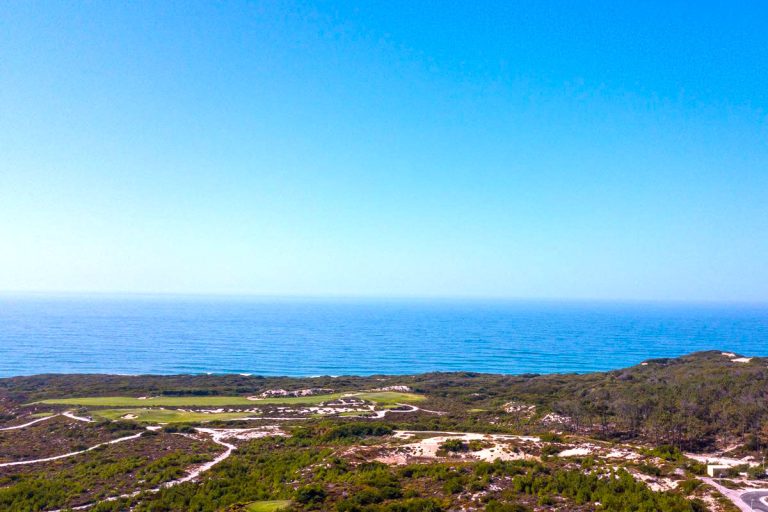What to Check Before Buying Land in Portugal
Before buying land in Portugal, check zoning, access, infrastructure, and buildability. Here’s a complete due diligence checklist for smart buyers.
Buying land in Portugal offers exciting opportunities — especially in the Algarve, where custom villas, eco-retreats, and long-term investments are highly sought-after. But land deals here can be complex, and unfortunately, many buyers jump in before understanding the full legal and technical picture.
This guide walks you through the essential checks to make before buying land in Portugal. Whether you’re building a luxury home, planning a tourism project, or buying as a long-term asset, these due diligence steps can help you avoid costly mistakes — and ensure your dream doesn’t turn into a regulatory nightmare.
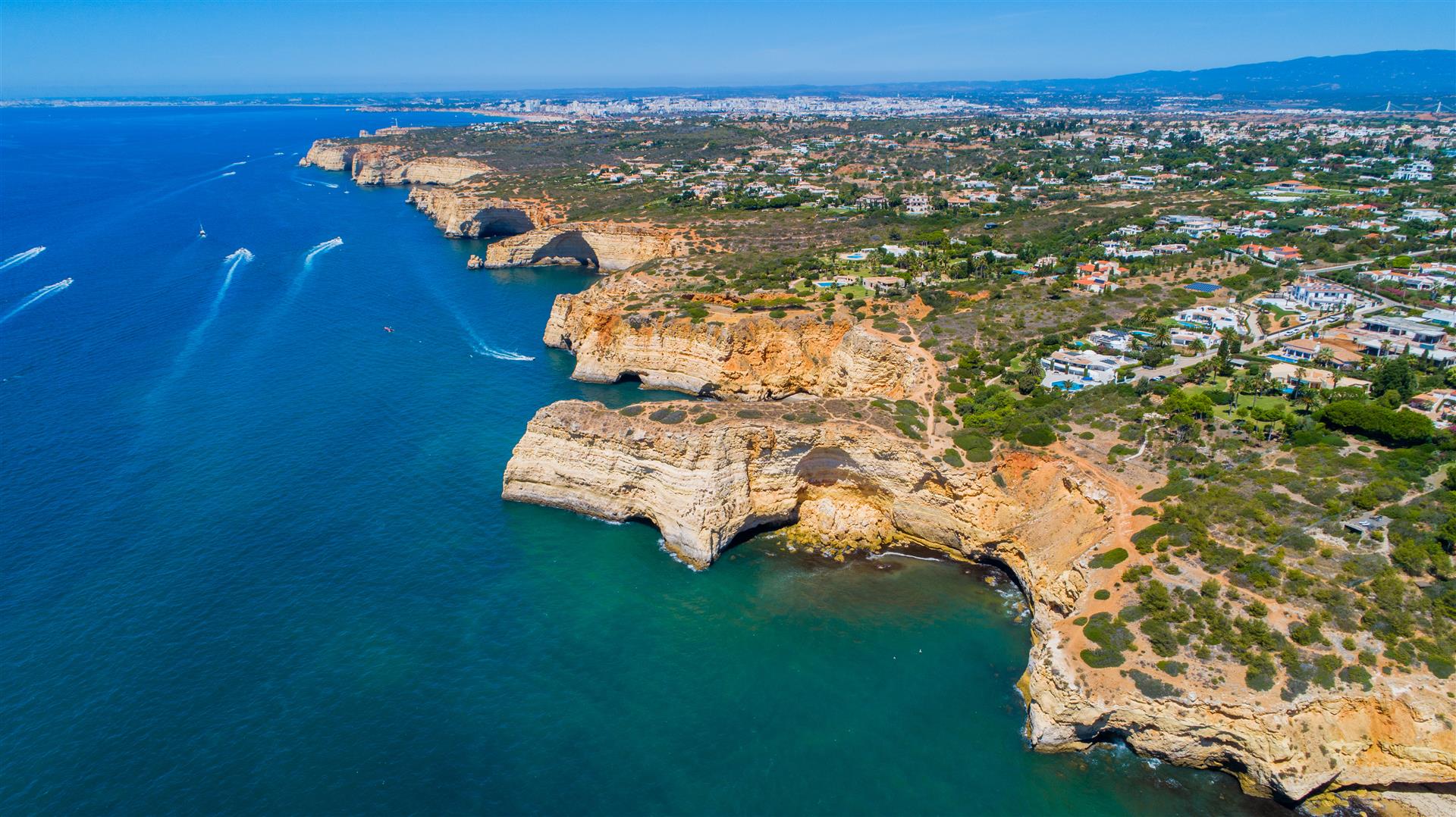
Why Due Diligence Is Critical When Buying Land
Unlike a finished home, land comes with uncertainty. Just because it looks suitable for construction doesn’t mean it’s legally buildable or practical to develop. Rural charm can hide red flags — including protected zones, poor access, or lack of infrastructure.
Your goal is to confirm:
- What you can legally build
- That services (water, sewage, electricity) are available
- That there are no hidden legal issues or restrictions
Let’s look at the key things to verify before making any offer.
1. Land Classification (Urban vs Rustic)
The first and most important step is to confirm the land’s official classification:
- Urban (Terreno Urbano): Land designated for construction.
- Rustic (Terreno Rústico): Protected or agricultural land — usually not buildable.
🔗 Related: Types of Land You Can Buy in Portugal (Urban vs Rustic vs Agricultural)
You can check this through:
- The Caderneta Predial (land registry document)
- The local PDM (Plano Diretor Municipal) zoning map
✅ Tip: Even if a rustic plot has a house or ruin on it, that doesn’t mean you can rebuild or expand. Always verify with the municipal planning office.
2. Is the Land Actually Buildable? (PIP or Alvará)
Even if the land is urban, not all plots are buildable. Here’s what to look for:
- PIP (Pedido de Informação Prévia): A formal document from the municipality stating what can be built.
- Alvará de Loteamento: A license confirming the plot is part of an approved subdivision.
If the land is raw and doesn’t yet have a PIP or Alvará, request one before buying. This document will clarify buildable area, height limits, and use (residential, tourism, commercial).
3. Road Access and Servitudes
Make sure the plot has legal and physical access via a public or private road. In some rural areas, access may cross another person’s land — this requires a recorded servitude (right-of-way).
⚠️ Without legal access, you won’t get a building permit — no matter how perfect the land looks.
4. Infrastructure: Utilities and Connections
Even in urban zones, some plots don’t have:
- Water or sewage connection
- Electricity or telecom lines
- Road surfacing or drainage
If infrastructure is missing:
- Who pays for installation?
- Is connection guaranteed?
- Can you install a septic tank or borehole if needed?
✅ We recommend confirming written guarantees of service connection or a cost estimate from local providers.
5. Terrain and Soil Quality
Hire a surveyor or engineer to assess:
- Soil composition (especially for hillside plots)
- Risk of landslide or erosion
- Need for retaining walls or groundwork
Also consider:
- Orientation (sunlight)
- Exposure to wind
- Noise (near roads or farms)
Flat, sunny land with good access is ideal — but many rural plots require preparation.
6. Environmental or Heritage Restrictions
Some land in Portugal is protected due to:
- Nature conservation zones (REN/RAN)
- Waterways or wetlands
- Archaeological remains or historic value
These restrictions can:
- Block construction entirely
- Limit build size or style
- Require special licensing
Always check for any restrictions with the Direção-Geral do Património Cultural (DGPC) or local municipal offices.
7. Legal Ownership and Documentation
Before signing anything, your lawyer should:
- Confirm the seller is the legal owner
- Verify the land is free of debts or liens
- Check boundaries match the registry
- Confirm no outstanding disputes
Documents to review:
- Caderneta Predial
- Certidão Permanente (land registry)
- Topographic plan or cadastral map
✅ Use a local lawyer, not the seller’s agent, and never skip title verification — even if the deal looks simple.
8. Understand the Timeline and Costs
Be realistic about the time and investment required:
- 6–12 months for architectural planning and approvals
- 12–18 months for construction
- Legal fees, architect, engineer, utility setup, IMT (property transfer tax)
We help our clients build realistic budgets and timelines before committing to land purchases.
Conclusion
Buying land in Portugal is full of potential — but it’s also full of details that can easily be overlooked. Always verify the legal, zoning, environmental, and infrastructure aspects before you commit.
Many problems arise because buyers assume “it looks buildable” means “it is buildable.” With expert guidance, you can avoid pitfalls and unlock land that truly suits your goals.
Looking for Verified, Buildable Land in the Algarve?
Thinking about buying a plot but unsure where to begin?
We help buyers identify and secure land that’s truly buildable — including private listings not found online. Our team can guide you through legal, zoning, and planning checks before you invest.
